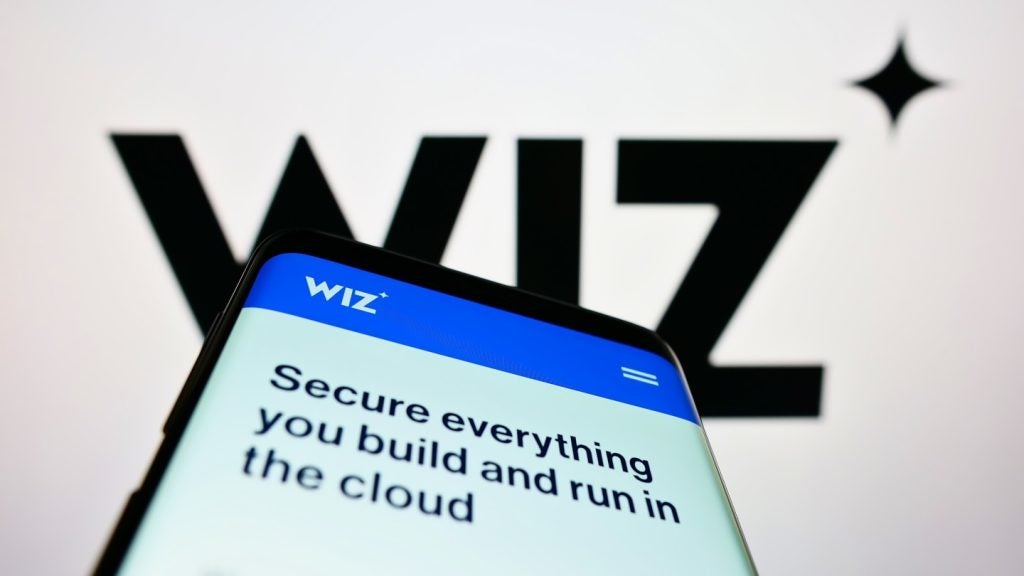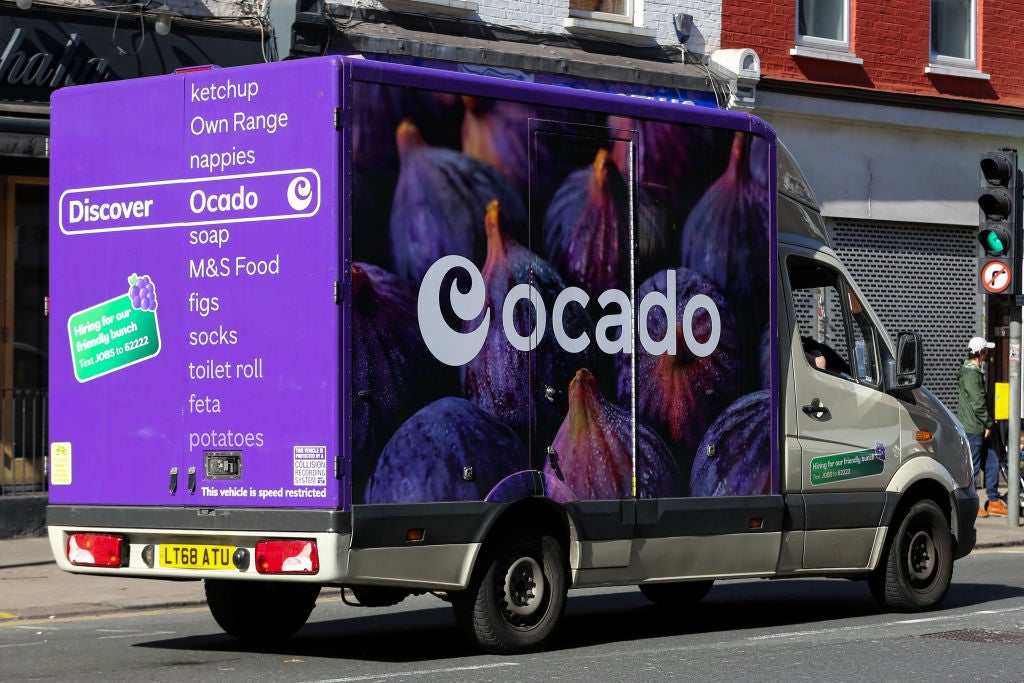The future of the technology industry will be shaped by a range of disruptive themes, with automated home being an important theme that will have a meaningful impact throughout the consumer electronics sector. A detailed analysis of the theme, insights into the leading companies, and their thematic and valuation scorecards are included in GlobalData’s thematic research report,Automated Home – Thematic Research. Buy the report here.
GlobalData expects sales of smart security systems to generate 38% of global automated home revenue by 2024, with smart appliances contributing 25%. The advent of smart speakers has had a significant impact across the automated home. They have enabled simple, voice-activated control of all types of smart devices. Thanks to their relatively low price point, they offer an ideal entry point for customers curious about home automation. Their success has also turned the home into another front in the ongoing war between the giants of the technology industry, including Amazon, Google, Apple, Alibaba and Samsung.
However, not all companies are equal when it comes to their capabilities and investments in the key themes that matter most to their industry. Understanding how companies are positioned and ranked in the most important themes can be a key leading indicator of their future earnings potential and relative competitive position.
According to GlobalData’s thematic research report Automated Home, leading adopters include: Microsoft, Apple, Alphabet, Sony, Amazon, Samsung Electronics, Honeywell, Vuzix, Toshiba, Parrot, Huawei, Garmin, DJI, Alibaba, LG Electronics and Meta.
Insights from top ranked companies
Amazon
Amazon’s Alexa virtual assistant has become a household name. Its success surprised everyone, including Amazon itself. Former CEO Jeff Bezos said in 2017 that sales of Alexa-enabled products had “far exceeded” the company’s expectations. There have been small incremental improvements to Alexa’s functionality, but its primary uses are still mostly setting timers, playing music, and turning on lights. Amazon is pouring resources into improving the functionality of Alexa, enabling it to anticipate a user’s needs and act on their behalf. Amazon’s wider automated home range continues to expand. The acquisitions of home security camera maker Blink and smart doorbell company Ring enabled Amazon to push into other areas of the automated home without relying on partners. The purchase of mesh home router company Eero in 2019 gave Amazon access to vital wireless connectivity technology and a wealth of data on users’ internet activity. In 2021, Amazon announced a new smart thermostat developed with Honeywell and Resideo. Retailing at $60, it costs a fraction of the price of Google’s $200 Nest Smart thermostat. Amazon’s proposed acquisition of iRobot will allow the company to make further inroads into the home robots segment.
Samsung’s main automated home brand is SmartThings, named after the company it acquired in 2014. In August 2018, Samsung announced that it was launching a smart speaker of its own, the Galaxy Home. However, this device is yet to be commercially launched at the time of writing. At its Bespoke Home 2022 event, Samsung launched the SmartThings Home Life service, which will allow users to control smart devices across six different SmartThings services (Air Care, Clothing Care, Cooking, Energy, Home Care, and Pet Care) from a smartphone. Samsung is also a founding partner of the Matter protocol.
To further understand the key themes and technologies disrupting the technology industry, access GlobalData’s latest thematic research report on Automated Home.
- ByteDance
- Huawei
- Garmin
- DJI
- Alibaba
- LG Electronics
- Meta
- Lenovo
- Seiko Epson
- Sonos
- GoPro
- Baidu
- Xiaomi
- Philips
- Logitech
- HTC
- Yuneec
- Hikvision
- HP
- Compal
- Dell
- Alarm.com
- Snap One
- Quanta Computer
- iRobot
- Panasonic
- Inventec
- Wistron
- TomTom
- Nikon
Data Insights
From

The gold standard of business intelligence.
Blending expert knowledge with cutting-edge technology, GlobalData’s unrivalled proprietary data will enable you to decode what’s happening in your market. You can make better informed decisions and gain a future-proof advantage over your competitors.









